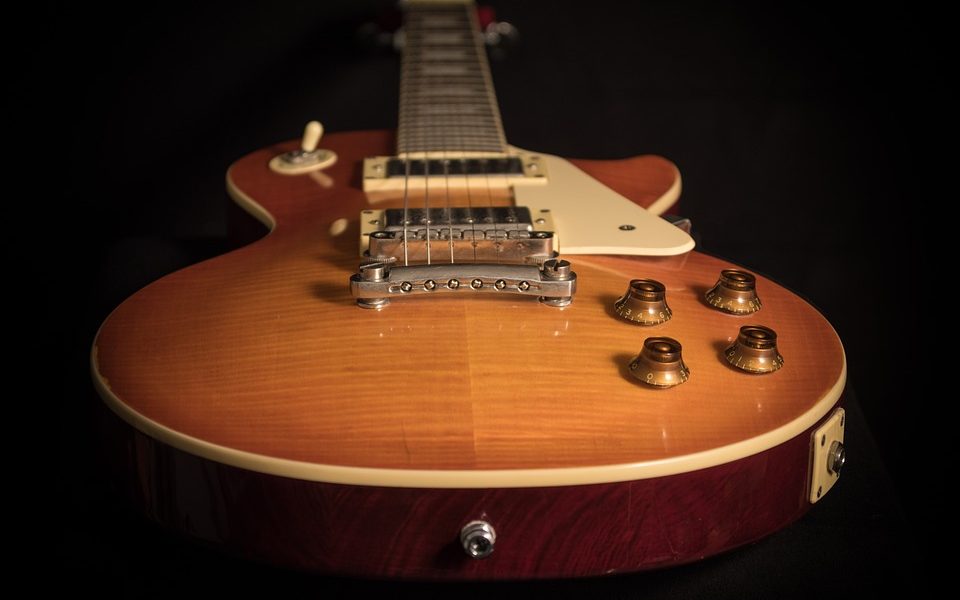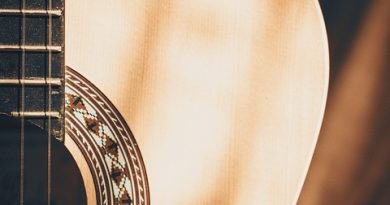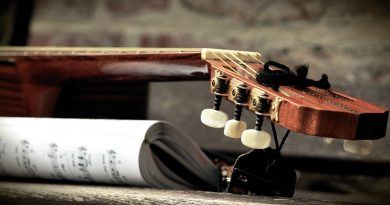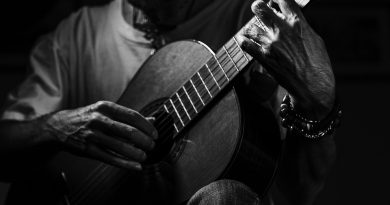Master the Folk Music Genre with These Essential Guitar Chords
Master the Folk Music Genre with These Essential Guitar Chords
Are you a fan of folk music and aspire to become a proficient folk guitarist? Folk music has a rich tradition and a unique sound that is characterized by acoustic guitars, storytelling lyrics, and heartfelt melodies. To truly excel in playing folk music, you need to master essential guitar chords that are commonly used in this genre. In this article, we will explore some of the key chord shapes and progressions that will help you become a skilled folk guitarist.
Understanding Folk Music
Before delving into specific guitar chords, it is important to understand the essence of folk music. Folk music is a genre that is rooted in tradition and history, often reflecting the cultural heritage of a particular region or community. The music is typically simple and heartfelt, with lyrics that tell stories or convey emotions. Folk songs are often accompanied by acoustic instruments such as guitars, banjos, and fiddles, creating a warm and intimate sound.
Key Chords for Folk Guitarists
While folk music encompasses a wide variety of styles and influences, there are certain chord shapes and progressions that are commonly used in this genre. By mastering these essential chords, you will be able to play a wide range of folk songs and develop your own unique folk-inspired style. Here are some key chords that every folk guitarist should know:
1. G Major
The G major chord is a staple in folk music and is often used as the opening chord for many traditional folk songs. To play a G major chord, place your third finger on the third fret of the low E string, your second finger on the second fret of the A string, and your fourth finger on the third fret of the high E string. Strum all the strings, and you will produce a bright and resonant G major chord.
2. C Major
Another essential chord for folk guitarists is the C major chord. To play a C major chord, place your first finger on the first fret of the B string, your second finger on the second fret of the D string, and your third finger on the third fret of the A string. Strum from the A string down, and you will create a rich and melodic C major chord that is commonly used in folk music.
3. D Major
The D major chord is a versatile and powerful chord that is frequently used in folk music. To play a D major chord, place your first finger on the second fret of the G string, your second finger on the second fret of the high E string, and your third finger on the third fret of the B string. Strum from the D string down, and you will produce a bold and uplifting D major chord that adds depth to your folk songs.
4. A Minor
The A minor chord is a somber and emotive chord that is often used in folk music to convey melancholy or introspection. To play an A minor chord, place your first finger on the first fret of the B string, your second finger on the second fret of the D string, and your third finger on the second fret of the G string. Strum all the strings, and you will produce a haunting and evocative A minor chord that is perfect for heartfelt folk ballads.
5. E Major
The E major chord is a bright and lively chord that adds energy and movement to folk songs. To play an E major chord, place your first finger on the first fret of the G string, your second finger on the second fret of the A string, and your third finger on the second fret of the D string. Strum all the strings, and you will create a vibrant and uplifting E major chord that is commonly used in folk music for its uplifting sound.
Practice and Experiment
While mastering these essential chords is important for becoming a proficient folk guitarist, it is also essential to practice regularly and experiment with different chord progressions and strumming patterns. Folk music is a diverse and fluid genre that allows for creativity and personal expression, so don’t be afraid to try out new ideas and develop your own unique style.
By practicing regularly and exploring different chord shapes and progressions, you will be able to unlock your full potential as a folk guitarist and create music that is heartfelt, authentic, and engaging. So grab your guitar, learn these essential chords, and start mastering the folk music genre today!






